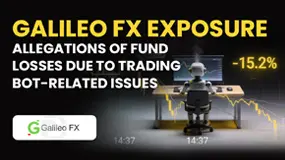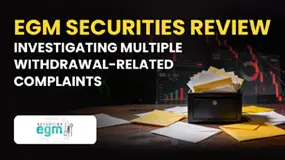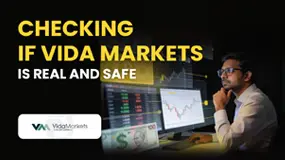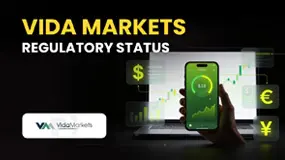Abstract:A fundamental question persists in forex trading: How many traders truly manage to reap profits consistently?
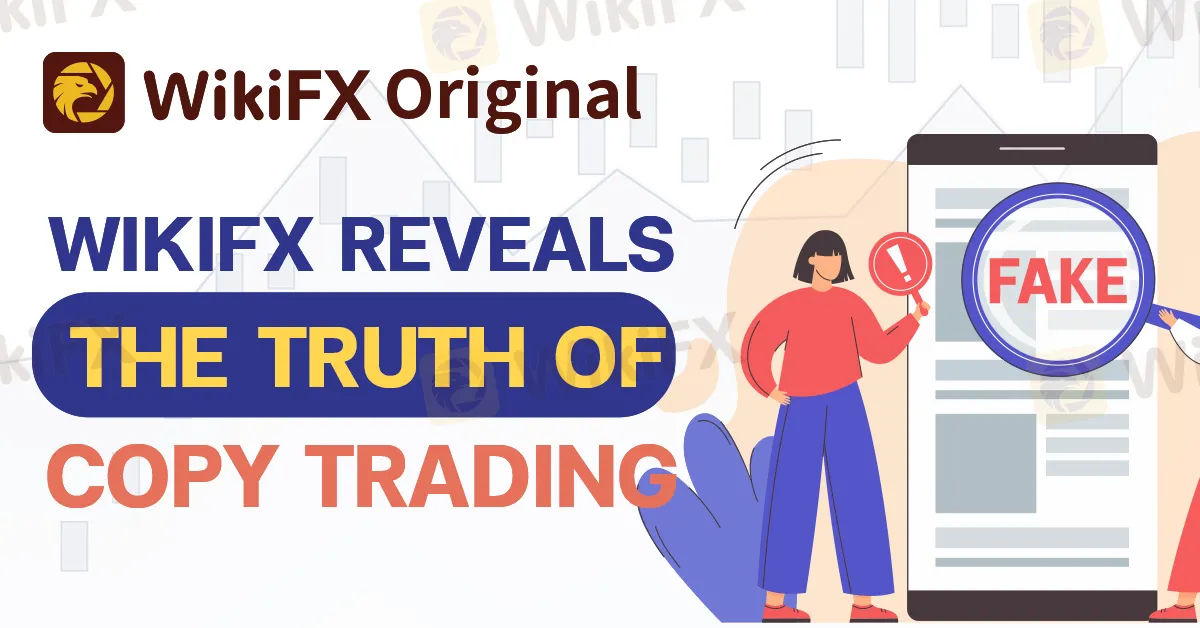
In the realm of forex trading, a fundamental question persists: How many traders truly manage to reap profits consistently? Delving into this inquiry, researchers undertook a study within the Brazilian FX day trading community spanning 2013 to 2015. The outcome proved rather sobering: a staggering 97% of investors faced monetary losses, only a mere 0.4% surpassed bank tellers' earnings (approximately $54 daily), and the upper echelon of traders achieved an average of $310 daily.
This investigation underscores the formidable challenges inherent in the currency market, despite its ostensibly accessible entry threshold. Amidst this landscape, one might ponder the practicality of mimicking experts to amass wealth effortlessly. This contemplation brings us to the realm of copy trading.
Copy trading entails the direct replication of orders executed by master traders. As a master trader initiates an order, the counterpart trading account mirrors the action seamlessly. However, it is paramount to recognize that the master trader lacks access to the follower's trading account or funds.
Within copy trading, there are two distinct account types:
Master Trader: The individual responsible for formulating trading decisions.
Follower: The individual who copies the trades executed by the Master Trader.
Significantly, the Master Trader and Follower must interface with the same forex broker and employ a consistent trading platform.
While the allure of copy trading lies in its convenience and enticing profit potential, it is imperative to acknowledge its accompanying drawbacks.

Placing blind faith in a stranger proves a daunting challenge, particularly when one's hard-earned financial resources hang in the balance. Commonly, followers succumb to emotional turbulence—fear and greed foremost—prompting premature actions devoid of adherence to the master trader's strategy or trading principles. Regrettably, this impulsive behaviour can jeopardize the efficacy of copy trading outcomes. Furthermore, it remains plausible that the master trader is not an adept professional but engages in overtrading to augment personal commissions. This practice may undermine the prospect of consistent profitability. In periods of high market volatility, inadequately skilled master traders could inadvertently devastate their followers' accounts.

Copy trading constitutes a facet of the forex brokerage business, with brokers capitalizing on this service by reaping profits through augmented spreads and overnight fees at the expense of trading followers. For instance, while individual retail traders with ABC face a 1-pip spread on EUR/USD coupled with a 5-pip overnight rate, those utilizing copy trading services encounter a 4-pip spread for the same pair along with a 10-pip overnight rate.

Master traders accrue heightened commissions from cooperating forex brokers, correlating their income with an expanding pool of followers. A tactic to allure more followers entails flaunting a high win-rate trading system. Regrettably, these instances often involve wide stop-loss settings, for instance, a 100-pip stop loss juxtaposed with a 5-pip profit. This incongruous risk-reward ratio undermines sustainable trading strategy, potentially erasing modest gains with a single substantial loss. Notably, the master trader garners management fees and commissions irrespective of followers' subsequent setbacks. While not casting aspersions on all master traders, it remains prudent to acknowledge and be vigilant against such conflicts of interest. A skewed equity curve should serve as a discernible red flag demanding heed.

Unscrupulous forex brokers often peddle copy trading strategies, extensively advertised through social media forums, chatrooms, and public platforms. These false promises mislead struggling traders into the illusion of having found a forex savant capable of generating affluence in exchange for a stipulated minimum deposit.

WikiFX advocates prudent due diligence before engaging with any forex broker. Download the free WikiFX mobile application from Google Play and App Store, or visit the WikiFX website at www.wikifx.com. Thorough use of the search bar can ascertain a broker's regulatory standing and credibility. Within the vast sea of forex brokers, a cautious approach is imperative. At the merest hint of a red flag, hesitation should give way to transitioning to a more reputable broker, ensuring the security of trading funds.










